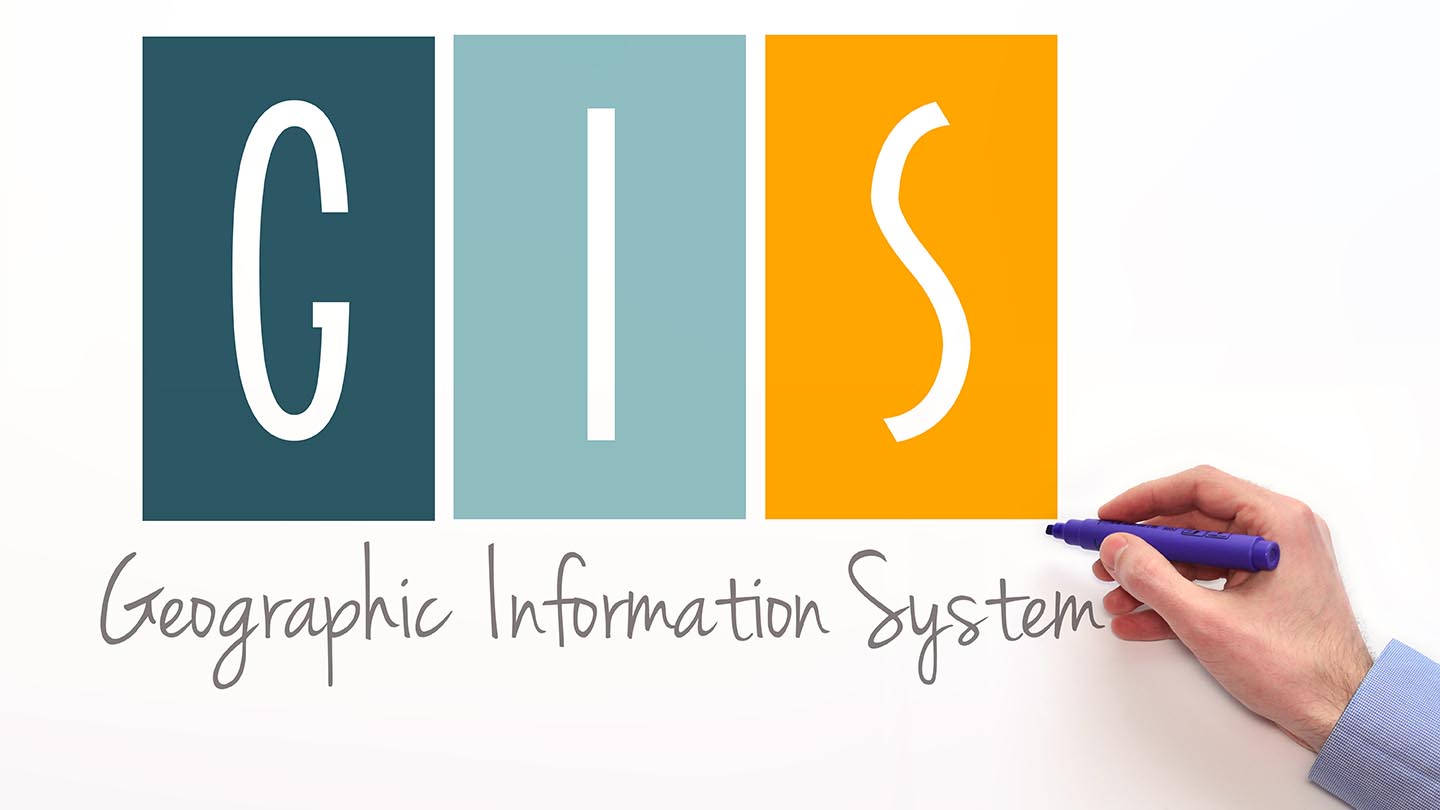GIS specialist Dr. Tom Mueller is recognized by National Geographic, and students can now earn a certification from the Afghanistan Spatial Data Center.

It’s now possible for Cal U students to be certified as student users by the Afghanistan Spatial Data Center, a site that houses spatial data about the country’s districts and provinces.
Spatial data is geographic information — data on roads, rivers, hospitals, cell phone coverage, etc. It’s often used for research purposes and is a tool in making disaster-management decisions.
“When there’s an earthquake or a flood in a particular region, spatial data can help determine how to get people to safety or how to get aid to a particular area,” said Dr. Thomas Mueller, who teaches in the geography and the geographic information systems and emergency programs.
He recently became a National Geographic Certified Educator, a professional development program that recognizes leaders who use a multi-disciplinary approach to teach geography.
Twenty-three students in Mueller’s Introduction to Geography class this fall passed the free certification ASDC test, 30 questions that determine the ability to understand what spatial data is and how it can be used.
A student certification is a good resume-builder, Mueller said.
“It’s a little extra opportunity that we can provide for our students, and a way to show a potential employer that they went above and beyond. It’s also proof that you understand spatial data from another world region.”
“The class project this fall was to assess the flood hazard for a particular district in Afghanistan,” Mueller said. “Students looked at how much of the district is in the flood zone, how many people would be impacted, the locations of hospitals, the transportation networks, everything.
“It’s my third semester using the ASDC for this type of project, so this summer, I talked with them and said, ‘You know, it would be great if students had the option to take and pass a certification exam.’”
Senior Andrew Rowan called the free certification “beyond cool.”
“As a business major, I find this type of class important because learning about other places and getting to understand other people and cultures has opened me up to the possibility of one day working and living abroad.
“Even though it’s not my concentration, I think being certified for spatial data analysis will be an advantage when job hunting.”
For first-year criminal justice major Cassandra Casela, certifications are an important way to build credibility.
“I want a ‘NCIS’-type career” in investigations, she said, “so this type of certification will help me. If I have to travel, what types of language would I need to know more about?”
The student certification is another step in the partnership between Cal U and the Afghanistan Spatial Data Center.
The University became a partner with the center in summer 2018.
“Cal U has become the most prolific Educational ASDC user,” the center said. “We hope to use Cal U as an example for local universities of how to integrate parts of the ASDC in their training material.”
The website also includes an emergency management tabletop training exercise created in spring 2018 by Mueller and four Cal U students.
